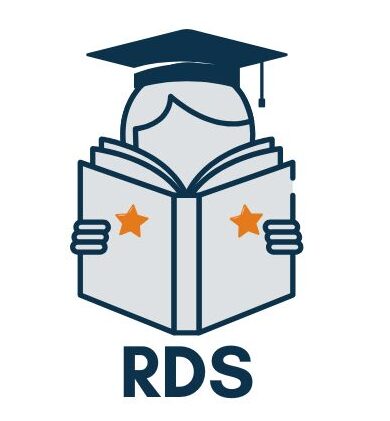Coursera
Discover top university-level courses and professional certificates. Flexible scheduling lets you learn new skills at your own pace with recognized credentials.
Coursera and Udemy are two leading online course providers, each offering thousands of self-paced courses in technology, business, and creative fields. Coursera stands out because its courses are created by recognized universities and top companies, often leading to official credentials or even full degrees. Udemy, on the other hand, provides a vast library of practical skill-based courses taught by individual experts. Most courses are open to all learners without formal prerequisites.
How To Start
- Choose your platform: decide between university-level learning or flexible expert-led training.
- Sign up for a free account—no obligation to pay upfront.
- Browse or search for a specific subject.
- Select a course, check duration and details, and enroll.
- Begin learning and track your progress through your dashboard.
Pros
Coursera’s major asset is academic recognition: you can get certificates, specializations, or even full degrees issued by renowned institutions. Flexible scheduling lets you balance career or family constraints. Udemy excels in affordability and breadth—new classes are added daily and most have lifetime access for review whenever you want. Both allow you to preview materials or learn risk-free with money-back offers.
Cons
Coursera’s higher price tags for degrees and professional certificates may put off budget learners, and some courses require a longer commitment. Udemy, while cheap, does not issue recognized academic credentials. Quality varies more and community support is less robust compared to Coursera.
Verdict
For those prioritizing an official credential or structured academic experience, Coursera is the clear winner. If you want practical skills and more affordable, relaxed learning, Udemy is a great alternative. Both platforms help boost your knowledge and skills, supporting different learning goals and budgets.
